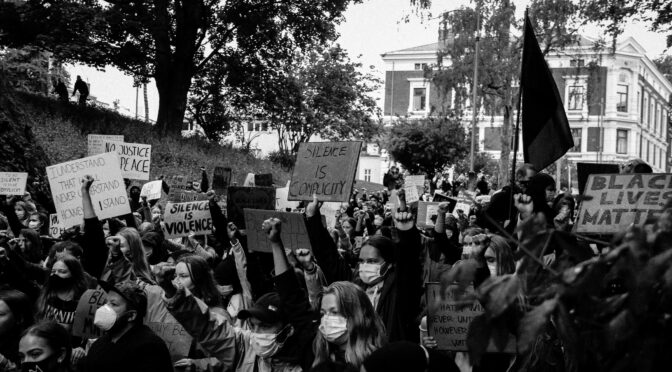« Philosophie de l’échec. Négativité et erreur dans la Phénoménologie de l’esprit de Hegel »
contact : josefina.formanova(@)cefres.cz
Axe de recherche n° 2 – Normes & transgressions
 Mon projet de thèse se fonde sur une observation essentielle : la société mondiale contemporaine est profondément enracinée dans la quête incessante du succès. Mais ce constat s’accompagne d’un déclin préoccupant de notre capacité à embrasser la passivité ou le doute d’une part, et, d’autre part, d’une tendance croissante à l’apathie, là où l’action devrait être impérative. Dans son cadre le plus large, mon travail explore la notion de passivité dans l’action et affirme qu’elle constitue le socle même des relations significatives entre autrui et le monde. Plus précisément, je préconise une redéfinition de l’activité à la lumière de son caractère intrinsèquement incontrôlable, omniprésent dans chaque acte ou relation humaine. Mes recherches partent ainsi de la situation la plus courante dans laquelle la contingence est palpable : l’échec humain. Continuer la lecture de Josefína Formanová – Recherche & CV
Mon projet de thèse se fonde sur une observation essentielle : la société mondiale contemporaine est profondément enracinée dans la quête incessante du succès. Mais ce constat s’accompagne d’un déclin préoccupant de notre capacité à embrasser la passivité ou le doute d’une part, et, d’autre part, d’une tendance croissante à l’apathie, là où l’action devrait être impérative. Dans son cadre le plus large, mon travail explore la notion de passivité dans l’action et affirme qu’elle constitue le socle même des relations significatives entre autrui et le monde. Plus précisément, je préconise une redéfinition de l’activité à la lumière de son caractère intrinsèquement incontrôlable, omniprésent dans chaque acte ou relation humaine. Mes recherches partent ainsi de la situation la plus courante dans laquelle la contingence est palpable : l’échec humain. Continuer la lecture de Josefína Formanová – Recherche & CV

 La reconnaissance internationale
La reconnaissance internationale 
 Ce projet de recherche au Département de Littérature Tchèque et Comparée de la Faculté des Lettres de l’Université Charles est consacré au récits autobiographiques concernant la mort d’un proche et le deuil, ce que j’appelle les thanatographies.
Ce projet de recherche au Département de Littérature Tchèque et Comparée de la Faculté des Lettres de l’Université Charles est consacré au récits autobiographiques concernant la mort d’un proche et le deuil, ce que j’appelle les thanatographies.
 Natalia Marakhovska, enseignante associée au
Natalia Marakhovska, enseignante associée au